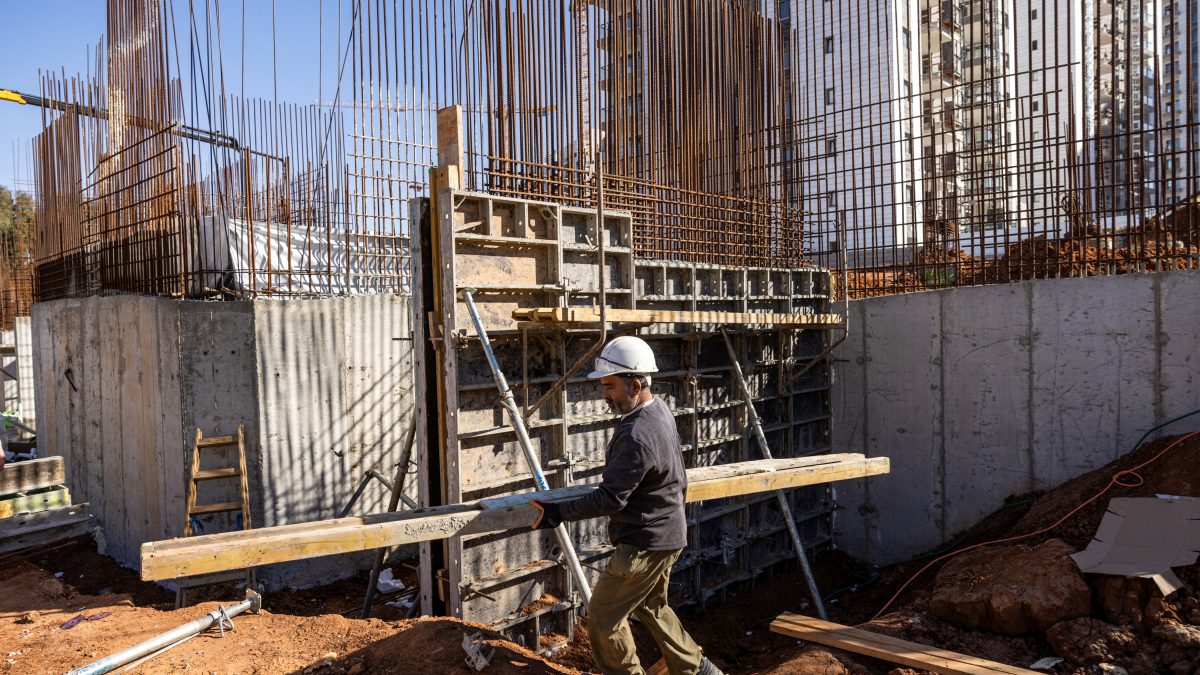In August, Minister of State in the MEA Kirti Vardhan Singh, told the Lok Sabha in a written reply, “There are around 15 million (1.5 crore) Indian nationals working abroad, including unskilled workers, skilled workers and professionals.”
The Ministry of External Affairs (MEA) is working on a new law to protect the 1.5 crore Indians working abroad.
According to reports, the Parliamentary Committee on External Affairs chaired by Congress MP Shashi Tharoor on Monday presented its report to the House.
The MEA on Monday said, “The ministry is seriously considering enacting a new law tentatively titled Overseas Mobility (Facilitation and Welfare) Bill, 2024.
“The ministry has further informed the committee that the proposed draft is under consultation with (other) ministries and will, thereafter, be put up for public consultations,” the report said.
The proposed law will replace the Emigration Act of 1983.
But what do we know about the Bill?
Let’s take a closer look:
Emigration Act of 1983
First, let’s briefly examine the Emigration Act of 1983.
As per The Print, the 1983 Act created a framework for Indian workers taking up positions abroad – as well as providing for their care.
It created the position of Protector General of Emigrants (PGE) as well as the Protector of Emigrants (POEs) – the officials in-charge of enforcing the act’s provisions.
The idea is to keep an eye on Emigration Check Required (ECR) countries – which have lax laws about employing foreigners.
These countries mandate Indians to receive emigration clearance from the MEA before shifting there for work.
The ECR list is as follows – Afghanistan, Bahrain, Indonesia, Iraq, Jordan, Kuwait, Lebanon, Libya, Malaysia, Oman, Qatar, Saudi Arabia, South Sudan, Sudan, Syria, Thailand, the United Arab Emirates and Yemen.
However, India is currently not providing ECR for Libya and Yemen due to the domestic turmoil in those nations.
There are 16 Protector of Emigrants Offices across India – in Mumbai, Chennai, Delhi, Kolkata, Chandigarh, Hyderabad, Cochin, Thiruvananthapuram, Jaipur, Raebareli, Patna, Bengaluru, Guwahati, Ranchi, Bhubaneswar and Agartala.
The offices are tasked with granting emigration permission to Indians before they migrate to the ECR countries for work.
They have to keep tabs on the recruitment processes, monitor illegal recruitment agents and keep an eye on potential recruiters and their offices.
The law came amid Indians being scammed by recruiting agents and workers being taken advantage of.
It was brought in to deal with immigration to the Gulf – specifically the United Arab Emirates, Bahrain, Qatar, Kuwait, Oman and Saudi Arabia.
What about the new bill?
As per The Tribune, the bill seeks to lay out a framework to encourage safe, orderly and regular migration for overseas employment.
The committee said the new law “should reflect changed global migration realities.”
They said it should be ready within a year.
In August, Minister of State in the MEA Kirti Vardhan Singh, told the Lok Sabha in a written reply, “There are around 15 million (1.5 crore) Indian nationals working abroad, including unskilled workers, skilled workers and professionals.”
As per The Print, the report added, “…The proposed draft is under consultation with line Ministries. After the internal consultations draft will be put up for public Consultation for 15/30 days thereafter it will be followed up by Inter Ministerial Consultations along with the Draft Cabinet Note on revised draft.”
With inputs from agencies
)